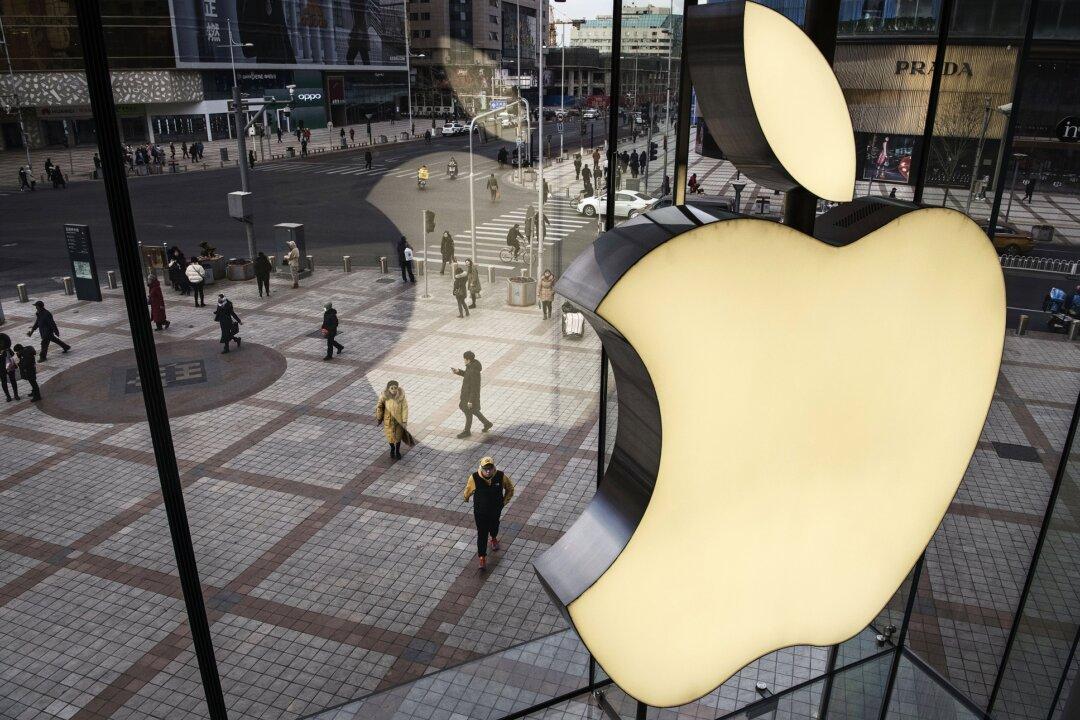Commentary
China has supposedly been good to Apple. A compliant workforce. Cheap wages. A mass market and unified regulatory structure. All fueled Apple’s explosive profits.

China has supposedly been good to Apple. A compliant workforce. Cheap wages. A mass market and unified regulatory structure. All fueled Apple’s explosive profits.